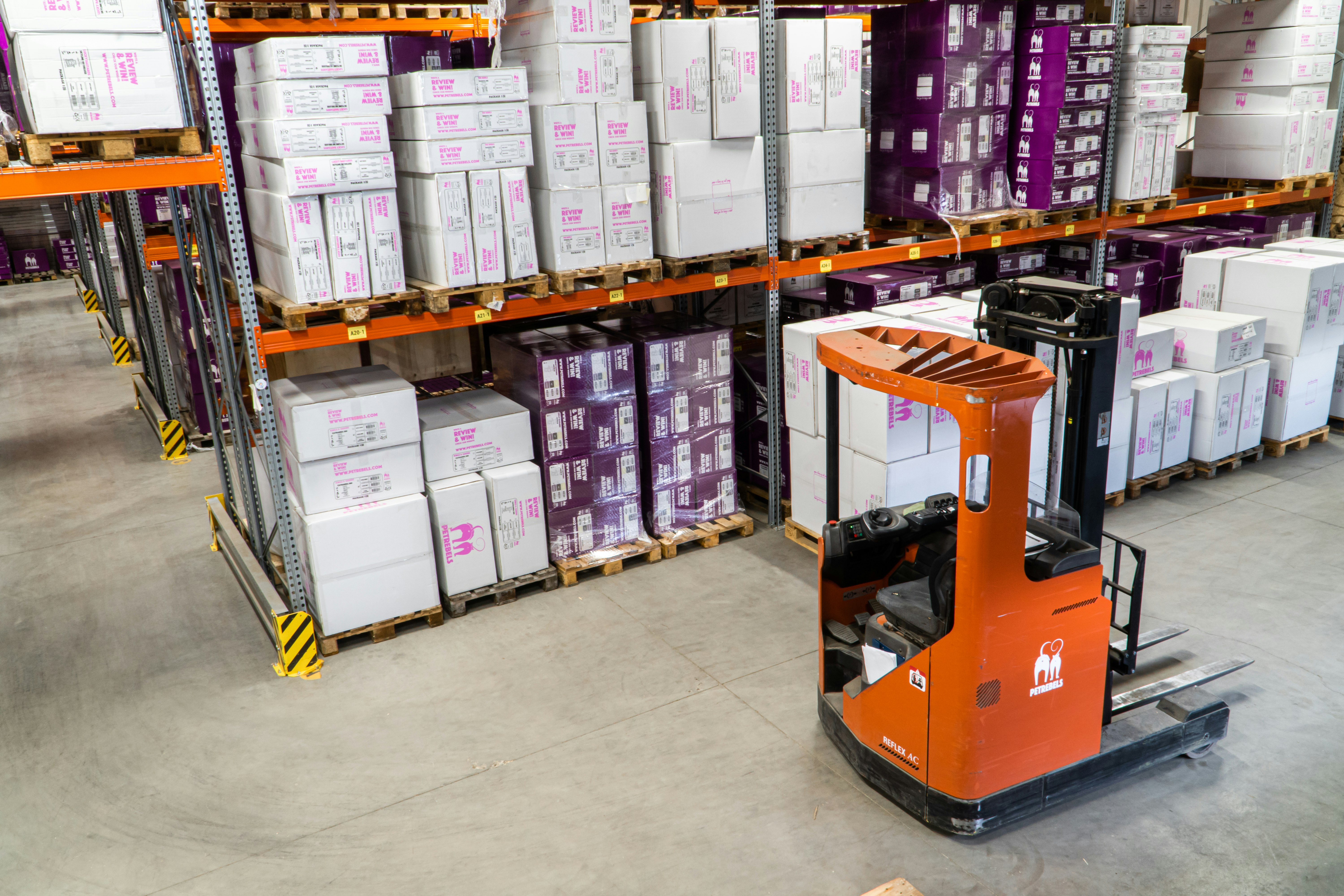Benefits of Using Blockchain in Supply Chain
Blockchain has numerous benefits that can significantly improve the supply chain management process. Using blockchain technology, supply chain participants can track products and transactions in real-time, increasing visibility and traceability. According to Provenance, a supply chain transparency start-up using blockchain in the supply chain can increase the transparency of material supply chains, lower losses from counterfeit and gray markets, and strengthen corporate reputation. Blockchain can also increase efficiencies, reduce administrative costs, enhance coordination between partners, lower risk, and improve compliance across the entire supply chain. In a nutshell, blockchain-enabled supply chains have the potential to deliver tremendous business value by increasing supply chain transparency, reducing risk, and improving efficiency.[1][2]
Reducing Counterfeit Products with Blockchain
Counterfeit products and gray market trading are major challenges that affect the supply chain. But using blockchain technology can significantly reduce their impact. Blockchain can increase the traceability of the material supply chain and reduce losses from counterfeit products by providing a tamperproof and transparent digital record of all transactions. As Deloitte states, "A blockchain supply chain can help participants record price, date location quality certification, and other relevant information to more effectively manage the supply chain." This technology can also strengthen corporate reputation and public trust while reducing potential PR risks from supply chain malpractice.[3][4]
Enhancing Coordination Between Partners
Blockchain technology can enhance coordination between partners in supply chain management by providing a secure and transparent platform for sharing information. As stated in a research paper by Difrancesco et al., blockchain enables "visibility, transparency, traceability, and security" to a network employing it. This feature can help eliminate the lack of trust and transparency between partners, ultimately leading to improved collaboration and communication. Additionally, the establishment of a regulatory framework for blockchain usage can incentivize partners to adopt the technology, as mentioned in the same research paper: "The important causal role on the adoption of the potential of blockchain to reduce transaction cost the consumer interest in traceability data and the establishment of a regulatory framework for blockchain usage."[5][6]
Implementing Blockchain in Supply Chain Management
Implement Blockchain in Supply Chain Management can bring numerous benefits to businesses, including increased transparency, reduced administrative costs, and improved efficiency. Using blockchain, supply chain participants can effectively manage their supply chain by recording important information, such as price, date, location, and quality certification. Blockchain can also provide end-to-end tracking in the supply chain, enabling businesses to digitize physical assets and easily monitor their transactions. Furthermore, blockchain can streamline administrative processes and reduce costs by enabling an effective audit of supply chain data. As Deloitte noted, "Blockchain-driven innovations in the supply chain will have the potential to deliver tremendous business value by increasing supply chain transparency, reducing risk, and improving efficiency and overall supply chain management."[7][8]
Future of Blockchain in Supply Chain Management
The future of blockchain in supply chain management is promising as it addresses many of the challenges traditional supply chain systems face. With blockchain, supply chain transparency and traceability can be improved while reducing administrative costs. Moreover, blockchain can help increase the credibility and public trust of data shared and reduce potential risks from supply chain malpractice. According to a Deloitte report, "Blockchain-driven innovations in the supply chain will have the potential to deliver tremendous business value by increasing supply chain transparency, reducing risk, and improving efficiency and overall supply chain management." As more companies explore blockchain applications in the supply chain industry, its adoption is anticipated to grow exponentially.[9][10]




















